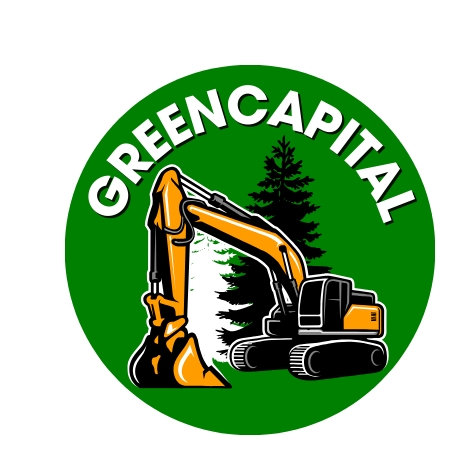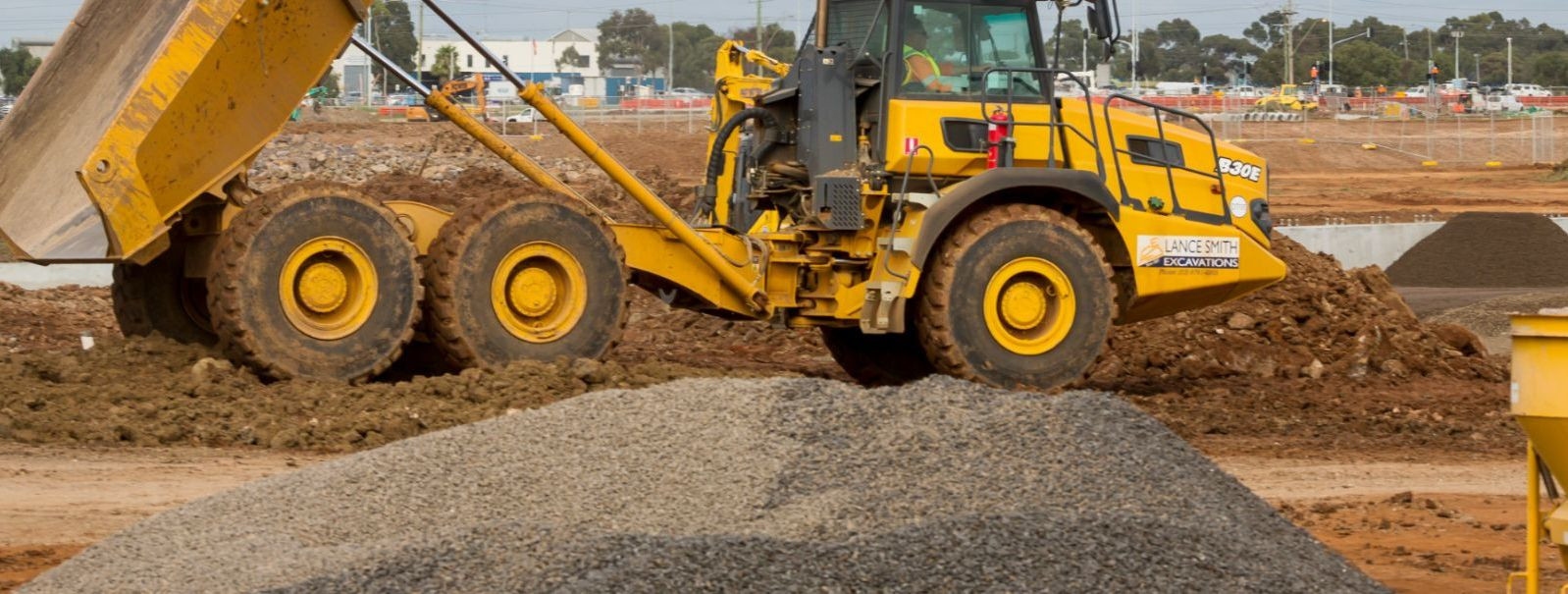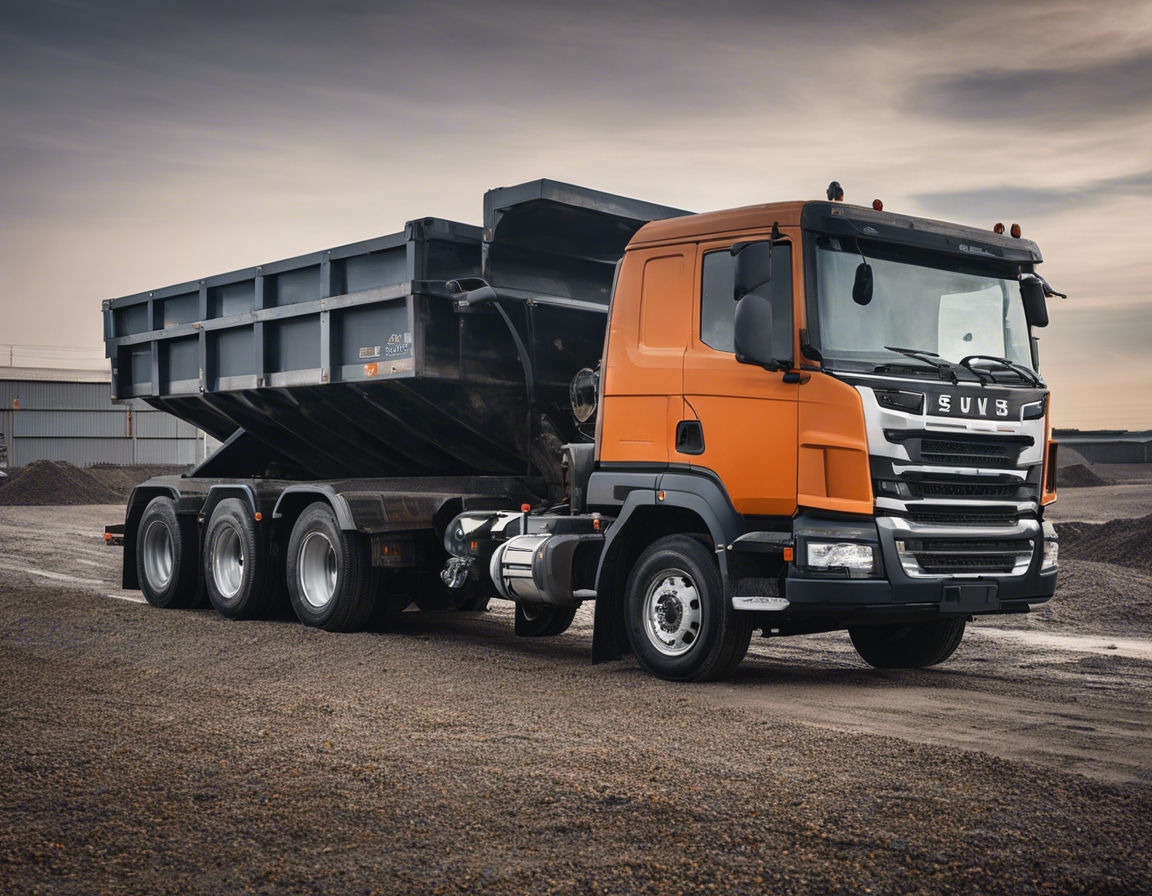The ultimate guide to renting heavy machinery
Heavy machinery is the backbone of construction, landscaping, and infrastructure development. It encompasses a wide range of equipment designed to tackle large-scale tasks that are beyond human capability. From excavators and bulldozers to cranes and loaders, these powerful machines are essential for efficient and timely project completion.
Renting heavy machinery offers numerous advantages, including cost savings, flexibility, and access to the latest technology without the long-term commitment of ownership. It allows businesses to allocate their capital to other areas, avoid depreciation costs, and adapt to project-specific needs with the appropriate equipment.
Assessing Your Heavy Machinery Needs
Before renting heavy machinery, it's crucial to evaluate the scope and duration of your project. This assessment will help determine the type and size of equipment needed, as well as the rental period. Accurate planning ensures that you have the right machinery at the right time, avoiding costly delays or underutilization.
Each project has unique requirements, and selecting the appropriate machinery is key to success. Consider the terrain, materials, and tasks involved to identify the most suitable equipment. Whether it's for digging, lifting, or transporting, matching the machinery to the job is imperative.
Choosing the Right Rental Company
When selecting a rental company, consider their reputation and reliability. A reputable provider will have a track record of delivering quality equipment and service. Research customer reviews, industry certifications, and company history to ensure you partner with a trusted firm.
An extensive inventory with a range of well-maintained machinery is a sign of a good rental company. Inspect the equipment before renting to assess its condition and ensure it meets your project's standards.
Exceptional customer service and support are vital. The rental company should offer expert advice, training, and assistance throughout the rental period. This support minimizes downtime and helps resolve any issues promptly.
Financial Considerations
Understanding the rental costs and how they fit into your budget is essential. Compare prices from different providers and consider the value-added services they offer. Transparent pricing and clear terms can help prevent unexpected expenses.
Rental agreements outline the terms and conditions of the equipment hire. It's important to read and understand these documents thoroughly to avoid any misunderstandings. Pay attention to the rental period, rates, and any penalties for late returns or damages.
Insurance is a critical aspect of renting heavy machinery. Ensure that you're covered for any potential damages or accidents. Discuss liability and insurance options with the rental company to protect your business and assets.
Logistics and Operations
Coordinating the delivery, pickup, and transportation of heavy machinery is a logistical challenge. Work with the rental company to arrange timely and efficient movement of equipment to and from your site.
Proper training is necessary to operate heavy machinery safely. The rental company should provide comprehensive training for your operators or offer certified personnel to handle the equipment.
Maintenance is crucial to keep machinery running smoothly. The rental company should have a maintenance plan in place to address any issues quickly, reducing downtime and keeping your project on schedule.
Environmental Responsibility in Machinery Rental
Environmental responsibility is becoming increasingly important in the construction industry. Choose a rental company that employs eco-friendly practices, such as using low-emission machinery and recycling materials.
Compliance with environmental regulations is not only ethical but also legal. Ensure that the machinery you rent meets all necessary standards to avoid fines and contribute to sustainable development.






Comments (0)